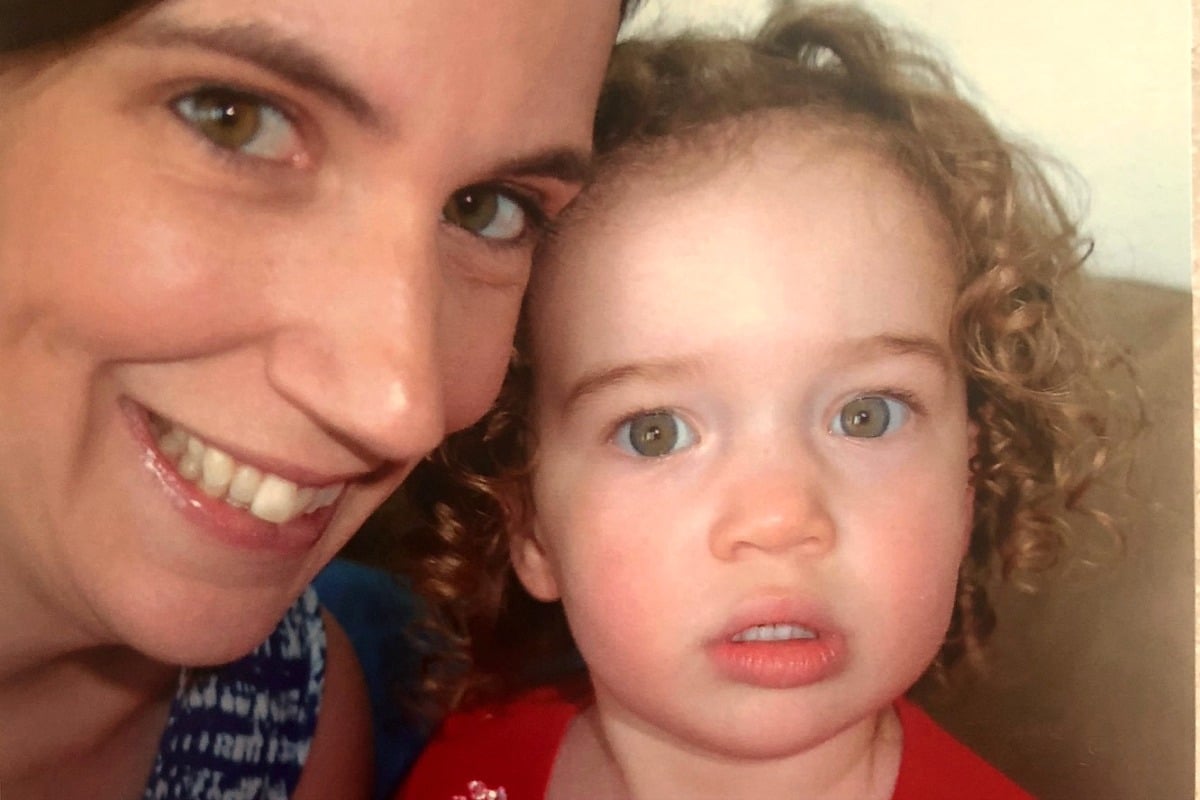
When I found out I was pregnant for the first time, I did what I usually do when faced with a new situation: ask five million questions and make sure I have every step-in place to ensure everything can run as smoothly as possible.
As any woman who has been pregnant before would know, early pregnancy involves many tests, particularly of the blood variety.
One of the routine blood tests on the long pathology request form was to determine my blood type.
In my appointment to discuss the results, my obstetrician Dr. Patrick Moloney informed me that my blood type was ‘negative’ (as in its type not that it is was some sort of depressed or dodgy blood) and because we already knew my husband’s type was ‘positive’, it meant I was at risk of ‘Rhesus disease’.
*Cue the mental freak out*
Firstly, WTF (I didn’t say this out loud) is this disease I have never heard of? And why am I at risk of it?
Dr. Moloney explained, “When a Rhesus negative woman has a baby with a Rhesus positive man, the foetus inherits the Rhesus marker (the negative or positive) from the father and is therefore Rhesus positive.
“If a bleed occurs during the pregnancy and some Rhesus positive foetal blood leaks into the mother’s circulation, the mother sees the Rhesus positive cells as ‘foreign’ and develops an immune response against Rhesus positive red cells.”
These are all the things pregnant people never say. Ever.


Top Comments
Babies do not always get their Rhesus factor from the father, it can be from the mother OR the father. :)